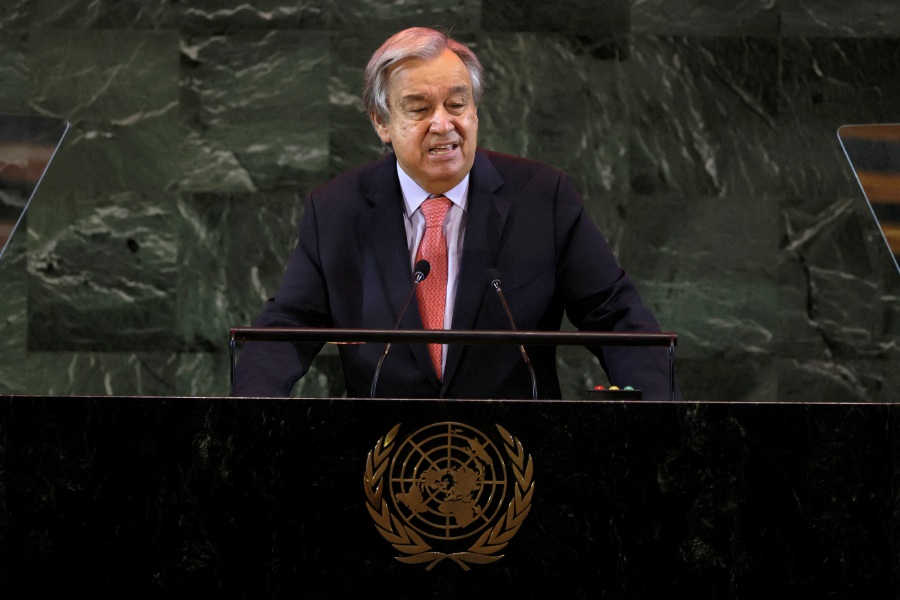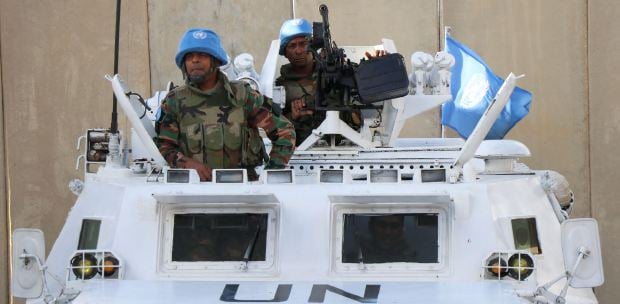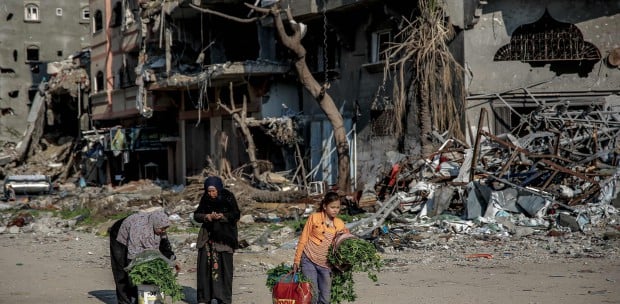NEW YORK: Education is in a "deep crisis" and instead of being the great enabler, it is fast becoming a "great divider".
To stem the crisis, United Nations secretary-general Antonio Guterres on Monday urged world leaders to increase education expenditures, transform curricula to emphasise critical thinking instead of rote memorisation, retrain teachers to serve as facilitators rather than just transmit answers, and ensure that everyone has access to a quality education.
The UN chief said the Covid-19 pandemic has had a "devastating impact" on learning worldwide, and "dealt a hammer blow to progress on SDG4" (quality education).
"Some 70 per cent of 10-year-olds in poor countries are unable to read a basic text.
Either they are out of school, or in school but barely learning," he said in his opening remarks at the Transforming Education Summit held ahead of the General Debate of the UN General Assembly.
"But the education crisis began long before – and runs much deeper", Guterres said, citing the International Commission on the Future of Education report card, which stated: "education systems don't make the grade".
The education system today, he said is "failing students and societies", by favouring rote learning and grade competition.
"Too often, curricula are outdated and narrow, education systems take little account of lifelong learning, and teachers are under-trained, undervalued and underpaid."
Further, he said the digital divide puts underprivileged students at a disadvantage and that the education financing gap "yawns wider than ever".
He adds that even in developed countries education systems often entrench rather than reduce inequality where the rich have access to the best resources, schools and universities, leading to the best jobs, while the poor, especially girls and displaced people and students with disabilities face huge obstacles.
Guterres shared a new vision for education in the 21st century that would support the development of individuals throughout their life and help people learn how to learn, with a focus on problem-solving and collaboration.
It also aims to provide the foundations for learning, from reading, writing and mathematics to scientific, digital, social and emotional skills; develop students' capacity to adapt to the rapidly changing world of work; and be accessible to all.
To realise this vision, Guterres called for countries to prioritise increasing spending per student, noting that education financing must be the number one priority for governments.
He urged development partners to reverse cuts and to dedicate at least 15 per cent of official development assistance to education.
"Education is the single most important investment any country can make in its people and its future.
"International financial institutions should make resources and fiscal space available for developing countries to invest. Their spending and policy advice should be aligned with delivering quality education for all."
He added that it is equally crucial to boost digital learning content and ensure schools are "safe, healthy spaces, with no place for violence, stigma or intimidation".
Education systems, he said should promote the physical and mental health of all students – including their sexual and reproductive health.
Nobel Peace Prize Laureate Malala Yousafzai, a UN messenger of peace called on governments to make schools safe for girls and protect every child's right to learn.
"If you are serious about creating a safe and sustainable future for children, then be serious about education," she said.
After the full-day meeting, it was reported that more than 130 countries have committed to "rebooting their education systems" and taking action to end the learning crisis.
NST specialist writer Tharanya Arumugam is a 2022 fellow of the United Nations Reham Al-Farra Memorial Journalism Fellowship.






